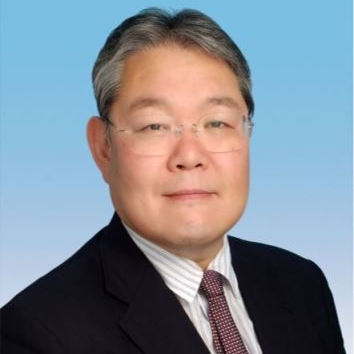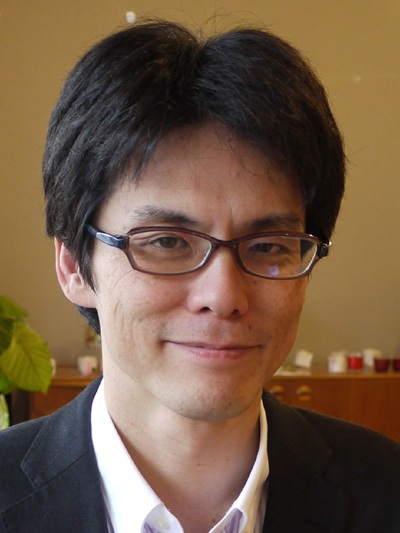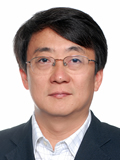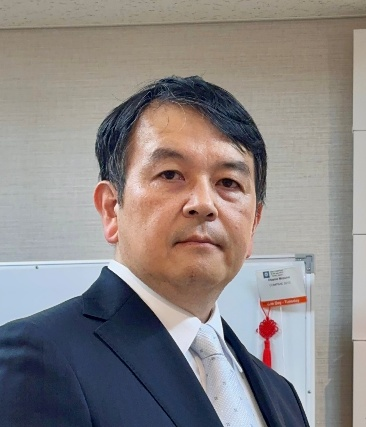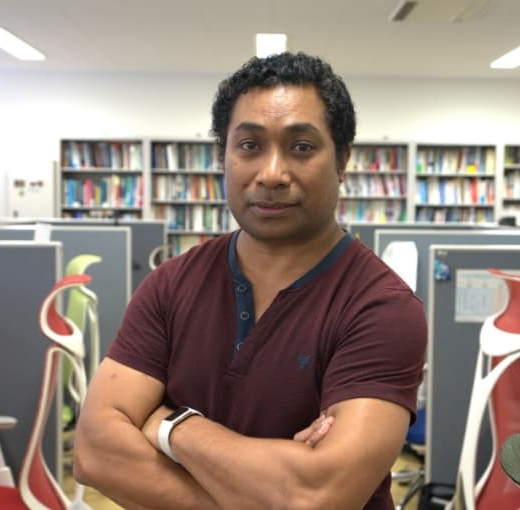
|
|
Program > Conference SpeakersKeynote Speaker I
Prof. Tadashi Dohi
Title: An Experimental Design for Software Bug Prediction
In this talk, we explore a relationship between machine learning models and oversampling techniques to enhance the predictive performance in software bug prediction. We apply 22 representative machine learning models and 6 oversampling algorithms for software bug prediction, and evaluate the F-score for each combination. In addition to the single use of machine learning model, we develop a weighted machine learning model, referred to as model averaging, and investigate the prediction improvement. Especially, we employ the analysis of variance (ANOVA) to study interaction effects between machine learning models and oversampling algorithms. Experimental results with real software development project data sets show that that the model averaging by integrating all the machine learning models under oversampling algorithm could outperform most individual case in terms of highest F-score. The findings highlight effectiveness of the weighted machine learning model with appropriate oversampling strategy for addressing data imbalance. Bio: Dr. Tadashi Dohi received the Bachelor of Science in Engineering (B.S.E.), Master of Engineering (M.E.), and Doctor of Engineering (Dr. of Eng.) degrees from Hiroshima University, Japan, in 1989, 1991, and 1995, respectively. In 1992 he joined as an Assistant Professor in the Department of Industrial and Systems Engineering, Hiroshima University. In 1992 and 2000, he was a Visiting Research Scholar in the Faculty of Commerce and Business Administration, University of British Columbia, Canada, and Hudson School of Engineering, Duke University, USA, respectively, on the leave absent from Hiroshima University. Since 2002, he has been working as a Full Professor in Hiroshima University. He is now the Dean of the School of Informatics and Data Science, and the Associate Dean of the Graduate School of Advanced Science and Engineering, Hiroshima University. His research areas include Reliability Engineering, Software Reliability, Dependable Computing, Performance Evaluation, Computer Security and Operations Research. He is a Regular Member of ORSJ, IEICE, IPSJ, REAJ and IEEE. He published over 644 peer-reviewed papers (285 journal papers and 359 conference papers), 49 book chapters, and 26 edited books/proceedings in the above research area. Dr. Dohi served as a General Chair/Program Committee Chair of over 20 international events, and worked as a Program Committee Member in many international premier conferences such as DSN, ISSRE, EDCC, SRDS, HASE, QRS, ICPE, SAC, among others. He is an Associate Editor/Editorial Board Member of dozens of international Journals including IEEE Transactions on Reliability. He is one of Founders of AIWARM/APARM and served as the Steering Committee Chair. Keynote Speaker II
Prof. Tatsuhiro Tsuchiya Title: 40 Years of Combinatorial Testing
Bio: Tatsuhiro Tsuchiya is a professor in the Department of Information Systems Engineering at the University of Osaka. He received his M.E. and Ph.D. degrees from the same university in 1995 and 1998, respectively. His research interests include model checking, software testing, and dependable systems. He has served as program co-chair for the 21st IEEE Pacific Rim International Symposium on Dependable Computing (PRDC 2015), the 17th IEEE International Conference on Dependable, Autonomic and Secure Computing (DASC 2019), and the 13th International Workshop on Combinatorial Testing (IWCT 2024). Keynote Speaker III
Prof. Jianjun Zhao Title: Road to Reliable Quantum Software
Bio: Jianjun Zhao is a Professor of Software Engineering at Kyushu University. With a background in program analysis, testing, and debugging, he now focuses on a central challenge of the quantum era: how to make quantum software as reliable as classical software. His group has developed methods and tools for testing, debugging, and repairing quantum programs, including the Bugs4Q benchmark, systematic testing of multi-subroutine programs, and an approach to automated repair with large language models (LLMs). He has published extensively in leading venues, served on the program committees of ICSE, ESEC/FSE, ASE, and ISSTA, and is an Associate Editor of ACM Transactions on Software Engineering and Methodology (TOSEM). Invited Speaker I
Prof. Osamu Mizuno Title: Bugs in the Repo, Bugs in the Bushes: Case Studies in Software Repositories Mining
The significance of these studies lies in their potential to improve the quality and maintainability of software systems, which are increasingly critical to society. As modern software projects grow in complexity and scale, traditional defect detection methods often fail to capture subtle yet important sources of faults. By advancing techniques such as fine-grained commit analysis, improved issue-linking, and statistically grounded localization models, this line of research contributes to reducing maintenance costs, preventing system failures, and ultimately enabling developers to deliver more robust software. Through this talk, the audience will gain insights into not only the technical contributions but also the broader impact of empirical research on the future of software quality assurance. Bio: Osamu Mizuno is a Professor in Kyoto Institute of Technology. He received his M.E. and Ph.D. degrees from Osaka University in 1998 and 2001, respectively. He served as an Assistant Professor at Osaka University and, since 2009, has been with the Kyoto Institute of Technology as an Associate Professor, where he is currently a Professor in the Faculty of Information and Human Sciences. His research interests include software repositories mining, fault-prone module prediction, software process improvement, and risk evaluation and prediction in software development. He is a member of IEEE, IPSJ, and IEICE. Invited Speaker II
Prof. Raula Gaikovina Kula Title: Software Ecosystems: Where Do We Go From Here?
Bio: Raula Gaikovina Kula is a professor at the Graduate School of Information Science and Technology, Osaka University. He is also a designated professor at the Osaka University Institute for Advanced Co-Creation Studies. He received his Ph.D. from Nara Institute of Science and Technology (NAIST) in 2013, later joining as a Specially-Appointed Assistant Professor from (2013-2016) at Osaka University. He then continued as a Specially-Appointed Assistant Professor from (2017), later becoming an Assistant Professor (2017-2023), and an Associate Professor (2023-2024) at NAIST. Kula has published over 150 publications in top Software Engineering venues, collaborating with several researchers from across the globe, and is a member of both Editorial and Steering Committees. |
| © WSSE 2025 | Okayama, Japan | Email: wsse@sciei.org |
